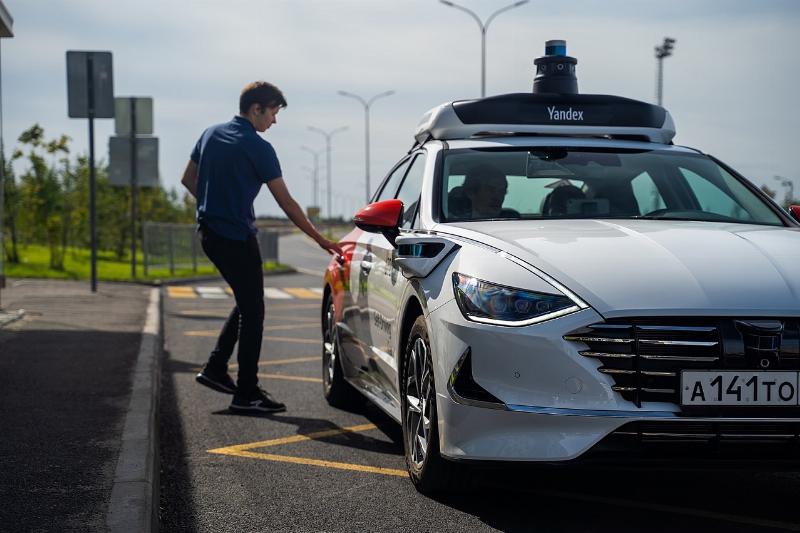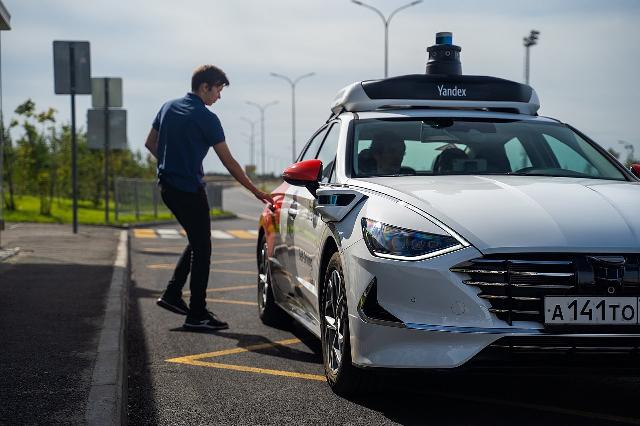


Throughout the history of the taxi business, drivers bought monopoly privileges via license called a medallion. The privilege to drive a taxi was granted if a driver bought or had a medallion passed down to them. This would protect their driver status over competitors who may well have wanted to drive a taxi but could not obtain the medallion.
You can see where I am going with this. The attainment of the medallion took on a life of its own. This driver medallion was sought after because it afforded the taxi driver a protective market shield from other would-be drivers. For a long time, the drivers' unsavory rent-seeking behaviors persisted until disruptive technology crept into the taxi industry. Seekers of monopoly positions in the marketplace are rent seekers, who extract wealth from society without facing competition and reinvesting it back into the veins of society. Rent seekers would rather pay for an uncontested position than earn it. So, why would someone produce the work if they can jockey and pay for a privileged position and be an exclusive provider? Rent-seeking behavior has been prevalent in the taxi hauling industry for a long time. Since the advent of ridesharing alternatives, less and less cronyism and rent-seeking behavior have been able to survive. Why? People rent-seek, robots do not. The robotaxi, autonomous robotic drivers, and other robotic replacements may be the best example, or the shining star if you will, of how industries can end monopoly privilege seekers or the use of cronyism to secure a special position that bars one from competitive pressures.
 A robotaxi is a non-human automated taxi driver and is the newest service coming out of the ridesharing industry. Robotic-driven taxis are not for everyone, but people are already using them in specific regions. Nevertheless, the implementation of robotaxis in the ridesharing sector is expected to experience exponential growth and surpass the now what we might call the traditional human-driven ridesharing. The robotaxi companies are not the usual suspects leading the ridesharing industry; these newcomer companies do not use crony methods to buy and sell medallions to service customers. Robotaxis are driven by machines -- or, in other words, robots. No pressure groups or lobbying for special reserved licenses to drive taxis -- not in a robotic economy.
A robotaxi is a non-human automated taxi driver and is the newest service coming out of the ridesharing industry. Robotic-driven taxis are not for everyone, but people are already using them in specific regions. Nevertheless, the implementation of robotaxis in the ridesharing sector is expected to experience exponential growth and surpass the now what we might call the traditional human-driven ridesharing. The robotaxi companies are not the usual suspects leading the ridesharing industry; these newcomer companies do not use crony methods to buy and sell medallions to service customers. Robotaxis are driven by machines -- or, in other words, robots. No pressure groups or lobbying for special reserved licenses to drive taxis -- not in a robotic economy.
A brief history: Back in the early 1990s, the taxi industry was a tightly held and privileged sector. Taxi drivers were legally required to have medallions to drive for a taxicab company, and these medallions cost upwards of $100,000, plus additional fees, depending on the location. In fact, taxi drivers would often pass their medallions down to family members or sell them to the highest bidder. So, of course, the sought-after medallions created markets on their own, which survived because of a history of people willing to pay not to compete. On the face of it, this does not sound too bad, but special privilege positioning in a market has indirect negative effects and serious inefficiencies. One inefficiency is the negative market contribution, and the second results in a negative productive contribution. Put another way, people who invent new products that are meaningful and useful to society are not seeking privilege, while those who are rent-seeking seek ways to gain special privileges instead of inventing net-positive goods for society.
Fast forward, tech-enabled ridesharing companies disrupted the hauling industry and revolutionized the interaction between ridesharing services and customers, who demanded better pricing and more flexible services. Remember, companies that held a strong grip on the pace of innovation would slow things down, in effect, to protect their market position, if the holders of industry privilege sensed that a disruption could negatively affect the medallion holders who paid for monopolistic positions. Today, remnants of past monopolistic behaviors persist, with fewer newcomers entering the fold. With two top ridesharing companies, there are monopoly positions, but not quite, as smaller companies are emerging with promising features. However, ending unsavory, monopolistic crony behavior in the ridesharing industry lies in the pristine metal hands of the new robotaxi.
How will the machine-driven taxi end monopolistic behaviors, rent-seeking, or cronyism? Robotaxis are human-less drivers; they do not need to jockey for a special privilege in the ridesharing industry at the expense of more efficient service providers, who, because of a granted position, are diverted into other less productive sectors of the economy. This is more complicated than it seems on the surface. Still, as machines and robots are increasingly used to drive humans around, the special market position via unsavory methods will come to an end -- because only humans rent-seek for privilege, not machines. Moreover, to this end, robotaxis will bring about greater efficiency and welcome the upcoming companies that will inspire innovations.
Image: Shvicha
